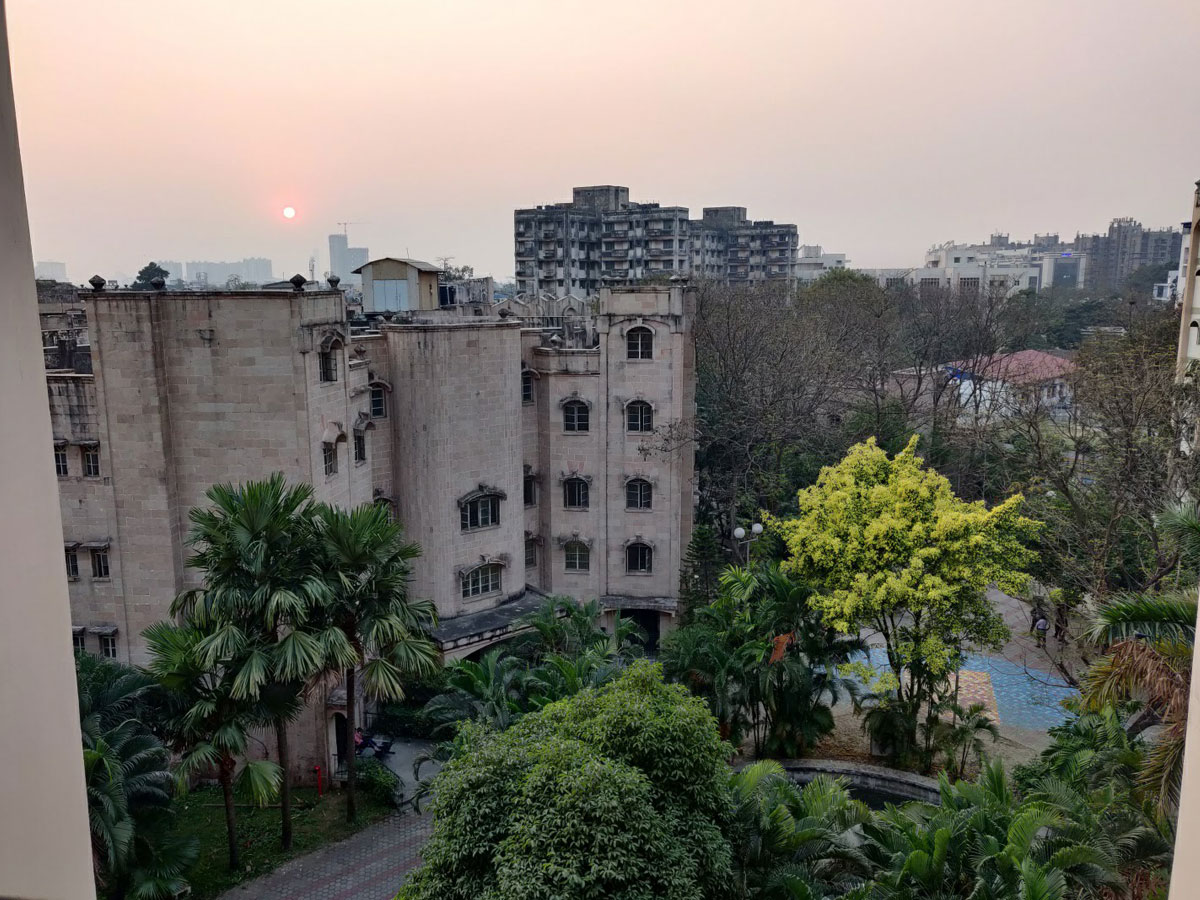

The Hon’ble Vice-Chancellor,
The West Bengal National University of Juridical Sciences, Kolkata (India)
Prof. (Dr.) Nirmal Kanti Chakrabarti
Director Of The Centre For Health Laws & Policy:
Dr. Paramita DasGupta
Assistant Professor,
The West Bengal National University of Juridical Sciences, Kolkata (India)
ADDRESS: Room: 209
Dr. Ambedkar Bhavan
The West Bengal National University of Juridical Sciences, Kolkata (India) 12 – LB Block, Sector III, Salt Lake City
Kolkata – 700106
West Bengal, India
E-MAIL: chlp@nujs.edu / pdasgupta@nujs.edu
TEL: +91 (33) 2335 7379/ 0765/ 2806/ 2809/ 2811/ 2812 [Extn: 2090]






 Users Today : 724
Users Today : 724 Users Last 7 days : 4440
Users Last 7 days : 4440 Total views : 1100186
Total views : 1100186© 2022 The West Bengal National University of Juridical Sciences, Kolkata | All rights reserved
| Cookie | Duration | Description |
|---|---|---|
| cookielawinfo-checkbox-analytics | 11 months | This cookie is set by GDPR Cookie Consent plugin. The cookie is used to store the user consent for the cookies in the category "Analytics". |
| cookielawinfo-checkbox-functional | 11 months | The cookie is set by GDPR cookie consent to record the user consent for the cookies in the category "Functional". |
| cookielawinfo-checkbox-necessary | 11 months | This cookie is set by GDPR Cookie Consent plugin. The cookies is used to store the user consent for the cookies in the category "Necessary". |
| cookielawinfo-checkbox-others | 11 months | This cookie is set by GDPR Cookie Consent plugin. The cookie is used to store the user consent for the cookies in the category "Other. |
| cookielawinfo-checkbox-performance | 11 months | This cookie is set by GDPR Cookie Consent plugin. The cookie is used to store the user consent for the cookies in the category "Performance". |
| viewed_cookie_policy | 11 months | The cookie is set by the GDPR Cookie Consent plugin and is used to store whether or not user has consented to the use of cookies. It does not store any personal data. |